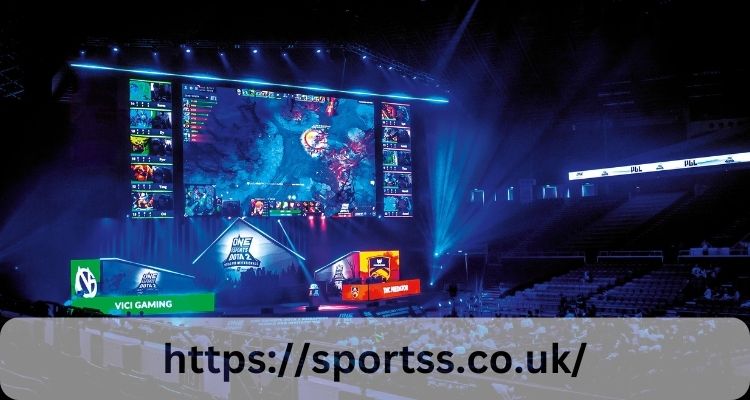As technology evolves, gaming takes many forms, and two formats stand out—Esports and Fantasy Sports. While they both involve competition, they offer very different experiences. Let’s explore how these two gaming giants differ.
Understanding Esports and Fantasy Sports
Esports, or electronic sports, refers to competitive video gaming. Professional players or teams compete in tournaments or leagues for prize money and fame. These players dedicate hours to mastering their skills, much like traditional athletes. Games such as League of Legends, Dota 2, and Counter-Strike are at the core of this industry. With millions of viewers worldwide, Esports have gained a massive fanbase, even making their way into large arenas and streaming platforms like Twitch.
On the other hand, Fantasy Sports revolve around real-world athletes and sports events. Participants act as managers, creating virtual teams made up of actual players from various sports leagues. These teams earn points based on the real-life performance of the selected players.
Popular sports for fantasy leagues include football, basketball, and cricket. The aim is to outperform other participants based on how well your chosen athletes perform in their real games.
Key Differences in Gameplay and Structure
The gameplay experience in Esports and Fantasy Sports couldn’t be more different. In Esports, players are in direct control of the action. Their performance depends on their personal skills, strategy, and quick thinking. Success in Esports comes from mastering the mechanics of a specific game, improving over time, and coordinating with teammates in many cases.
In contrast, Fantasy Sports involve less direct control. Once your team is set up, your job is to manage it for a season or match day. For example, daily fantasy baseball allows participants to draft teams for individual game days rather than an entire season, bringing a fresh challenge each day based on real-world matchups.
The performance of your fantasy team relies entirely on how well real athletes perform in actual games. You need a strong knowledge of player statistics, sports trends, and predictions to succeed. It’s a management game, rather than one of hand-eye coordination or reflexes.
Professional Involvement and Growth
Esports has become a fully-fledged professional industry. Players sign contracts with teams, practice full-time, and travel to international tournaments. These tournaments have corporate sponsors, prize pools in the millions, and huge audiences. The competitive structure mirrors traditional sports leagues, with global championships, leagues, and events.
Fantasy Sports, while popular, don’t offer the same professional opportunities for participants. While there are high-stakes leagues with significant prizes, most fantasy players participate for enjoyment or friendly competition. Fantasy Sports platforms thrive commercially, but their users are less likely to earn a living from playing.
Audience and Engagement
Esports thrives on fan engagement. Fans can tune in live to watch their favorite teams battle it out in real time. Interactive streams, live chats, and a sense of community keep fans glued to their screens. Some fans also play the same games their favorite professionals compete in, adding a layer of personal investment.
Fantasy Sports take a different route to engagement. Fans typically follow major sports leagues closely, but their engagement peaks when games are scheduled.
Conclusion
Esports and Fantasy Sports may appear to cater to similar interests—competition, and strategy—but they differ greatly in execution. Esports revolves around direct gameplay, skill mastery, and real-time action, while Fantasy Sports are all about strategy, knowledge, and predicting real-world events. Both have carved their own space in the world of modern gaming, offering distinct experiences that captivate millions.
